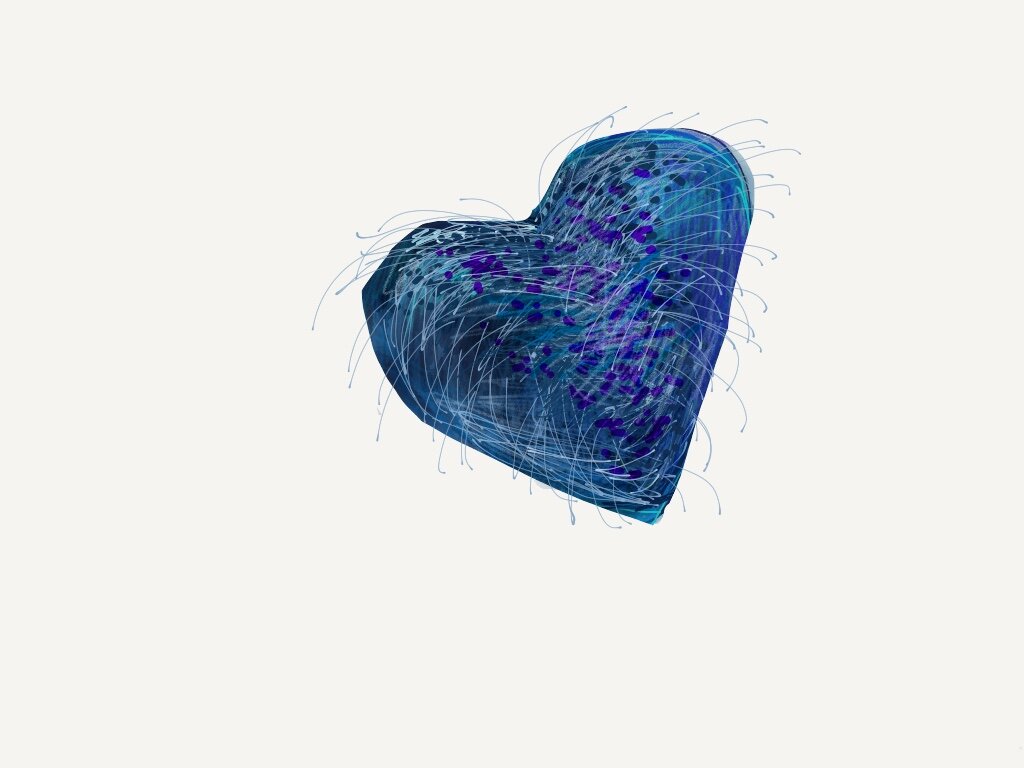Last week was Thanksgiving, and I’ve been thinking a lot about gratitude and expressions of it. Eckhart Tolle says, to paraphrase, that being grateful for something is to pay attention to it—the thankfulness can be wordless; the point is the quality of attention. Gratitude has definitely developed a public face and something people post about on Facebook or Instagram. I’ve seen various friends over the years with a daily gratitude practice that then becomes their social media update; it becomes clear that the posting of thanks is something deeply separate from the original practice and maybe even undermines it. Not to knock the saying of gratitude out loud, of course, and we all feel good when someone thanks us (don’t we?), especially when we weren’t expecting it (or demanding it on some subconscious level). But we all know true alignment when we see it, and genuine gratitude, too. Maybe thankfulness is best when it’s a somewhat private affair, spoken between two people or to no one in particular—or not spoken but felt—and maybe that’s when it has the chance to be the most powerful, and something like a wonderful secret. Maybe that’s when it’s more of a practice, something quiet and without agenda.
I’ve been thinking of the last tasks of writing MOLLY FALLS TO EARTH, all the signals that a book is coming together, and creating the acknowledgments is one of them; and so I had to come up against whatever feelings I have about public thank-yous. And it made me wonder if, at the same time that I sometimes enjoy reading the acknowledgments for a book (maybe because you can get another sense of the writer, one that you didn’t glimpse in the rest of the work), I’m a bit uncomfortable with long ones, especially at the end of novels where they can seem over-the-top and unhinged from the real. They can seem to have a competitive heart. Nonfiction is possibly the exception (and I seem to recall the acknowledgments for KNOW THE NIGHT as running to the longer side, in part because it was my first book; would I write it shorter now?)—there tend to be numerous sources to thank and point out, permissions people, even institutions. So maybe what I’m saying here applies more to fiction.
When I see long acknowledgments, I sometimes wonder if what I’m seeing is really the immense pressure, unconsciously expressed, for status that’s driven by social media (nothing against social media per se; everything has a dualistic nature and a shadow side), something like a desire to protect oneself with a complexly-rendered shield of helpers. Or at least to give the appearance of it. #squadgoals. If I thought that the gratitude was simply gratitude—that is, without another intention behind it—I wouldn’t be writing this. And I would have to include my own experience here, which is that when I’m writing my gratitude I find it impossible to escape the social-construct aspect of it and that the enormous thankfulness I may feel (and most certainly do) and its nuances and surprises, how it is often aroused by very simple occurrences, has little to do with the expectations and social conformity of writing the acknowledgments page. At the same time, getting to that point feels like a privilege, something to be considered deeply and savoured... but then let go of. You say your thanks and hope it is enough. But for whom? The people you’re thanking, the readers, yourself, the cosmos? I noticed in Ali Smith’s latest novels that she simply makes a list of names and that’s it. No indication of what position the person behind the name fulfills, how they rendered help, or how close they are to her. There’s a very spare hierarchy in that it’s a list, but that’s all the hint you get. And I really, really like that. It seems a very Ali Smith thing to do, too.
Anyway, in the end, to each their own. It would certainly be a shame if all acknowledgments could only be a few words (though using only a few words has become so decidedly unique, that it now seems radical) or had to be any particular way. If someone has really dug down and done their work and made a long acknowledgments that rings with whatever in them is genuine, then who am I to suggest they shouldn’t? It would be amazing, though, to see other, completely different expressions. What if the acknowledgments was just an image—maybe even an abstract one?
When the day came that I sat down to write the acknowledgments for Molly, I decided to go toward the short, if not the bare list of names. I’ve been practicing metta (also called lovingkindness) meditation, and it suddenly came to mind and seemed appropriate. But whatever I wrote down is only a shade of the real experience. How do you say, once you’ve finished a book, everything there is to say about what goes into it and the people—not to mention chance opportunities, the sheer luck—who helped you along the way?
Which is maybe exactly why many writers choose to devote pages and pages to it...
